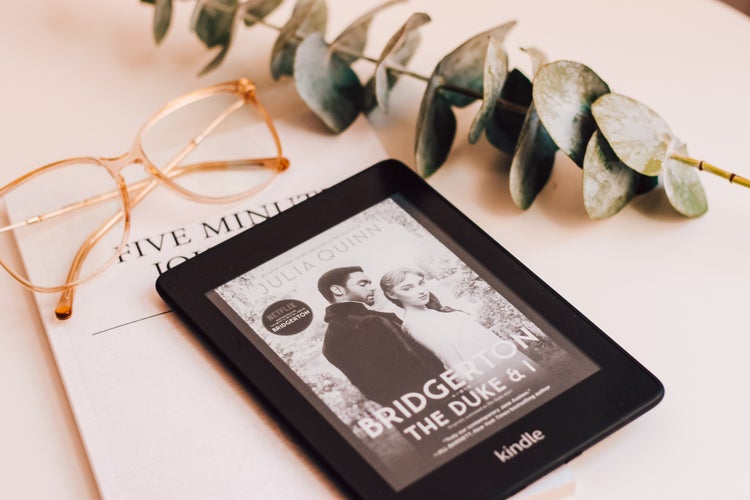Something I’ve heard a countless number of times is people saying they’re unable to read as much as they like because they don’t have money to spend on books. As someone myself who got back into reading as a quarantine hobby, I rarely spend a penny on books. I also rarely leave home to get my books. In the new age of technology, I’m here to teach you how to read for free from the comfort of your own home, without having to spend anything.
I know plenty of people who solely read physical books, so as a disclaimer, this article won’t be much help if that sounds like you. You definitely can and should get physical books from your public library, but my expertise lies more in ebooks and audiobooks, which is what I’m going to be talking about and advocating for.
When the COVID-19 pandemic first started, I got back into reading by diving into audiobooks. For a while, I was only doing audiobooks, but then I thought I’d try ebooks. I’d download the library books onto my phone through the Kindle app because I didn’t actually have a Kindle, and it surprisingly worked great. My only complaint about doing this was that if I spent all day reading on my phone, my eyes would feel strained and tired from staring at the screen. I fixed this by wearing blue-light glasses, though, and I eventually did get a Kindle which I absolutely love and highly recommend. If you don’t even know where to start in terms of getting audiobooks and ebooks, don’t worry, I got you.
The very first thing you should do is get a library card at your public library. You can do this online depending on the library, or you can go in person to do it. From there, you should be able to find out if your library uses either Libby or Overdrive, which are both apps where you can borrow or put on hold either ebooks or audiobooks. I’ve used both of these, as my public library uses Overdrive, but they are slowly phasing it out and transitioning to Libby. Once you have either of these apps, you can simply log in with your library card information and get right to borrowing or putting your books on hold.
You’ll only get a limited number of holds depending on your library; however, if you’re super extra like me, there could be a way around it. If you want to get technical and have room to put more books on hold, see if your public library has any reciprocal agreements with neighboring counties. If they do, you may be able to get a library card at those libraries. For example, I am a resident of Fairfax County. My home library, Fairfax County Public Library, has reciprocal agreements with many other counties in the area, so I am eligible to register for a library card with those as well. Thanks to this, as of right now, I have six library cards and counting.
I admit, it’s probably not necessary for most people, but there are benefits to it, like having less wait times because I have more libraries to choose from and more room to put books on hold. As a matter of fact, starting today, I am putting all my Christmas books on hold that I plan to read this winter so that if there is a long wait for them, I’m ahead of the curve and will be one of the first ones to be offered it, come December.
It drives me nuts when people assume they have to buy their books and spend money to be able to get into reading because the reality is it costs virtually nothing if you know where to look. I wish more people knew about the resources that public libraries have to offer, which is what inspired me to write this in addition to my love of reading.



